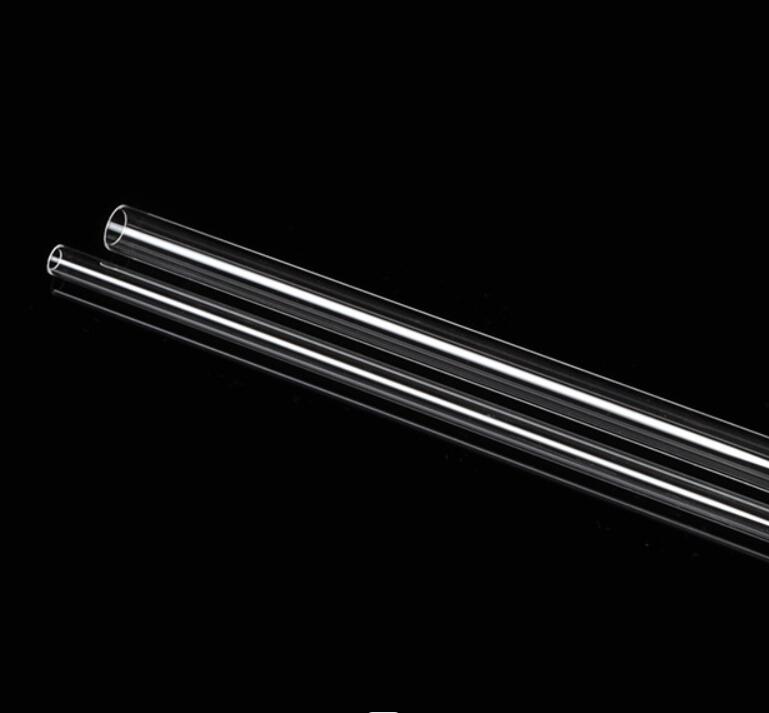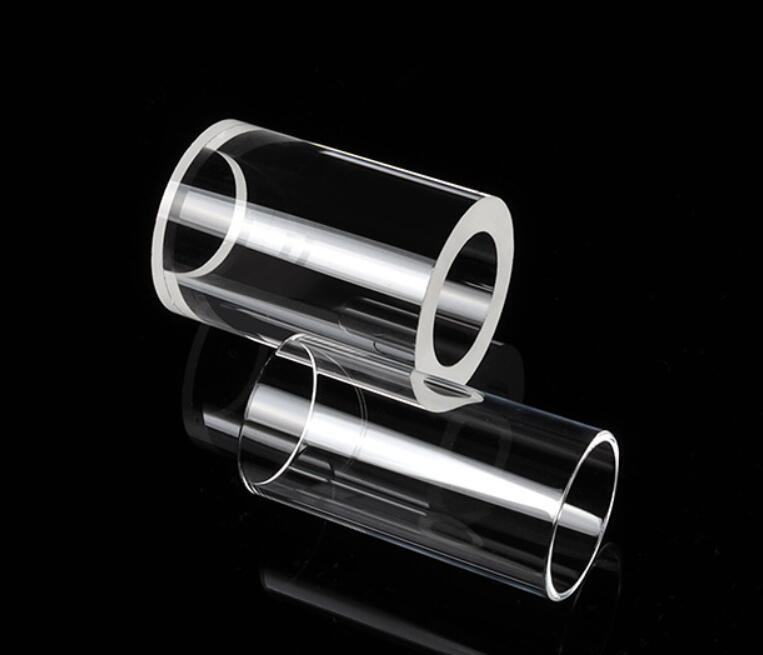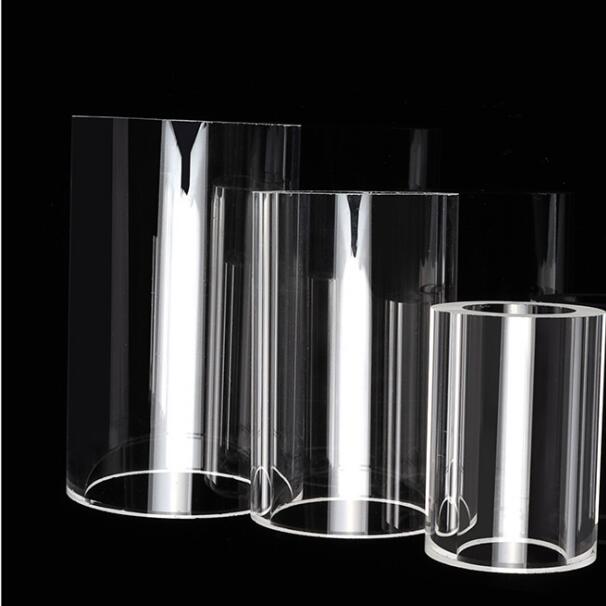






1. High temperature resistance. Quartz tube softening point temperature is about 1730 degrees Celsius, can be used at 1100 degrees Celsius for a long time, the shortest use temperature can reach 1450 degrees Celsius.
2. Corrosion resistant. In addition to hydrofluoric acid, quartz glass hardly reacts with other acids, its acid resistance is 30 times that of ceramics, 150 times that of stainless steel, especially at high temperatures.The chemical stability is unmatched by any other engineering material.
3. Good thermal stability. Quartz glass tube has a very small thermal expansion coefficient and can withstand severe temperature changes. The quartz glass is heated to about 1100 degrees Celsius and will not burst when placed in normal temperature water.
4. Light transmission performance is good. Quartz glass has good light transmission performance in the entire spectral range from ultraviolet to infrared, and the visible light transmittance is above 93%, especially in the ultraviolet spectral region.The rate can reach more than 80%.
5. Electrical insulation performance is good. Quartz glass tube has a resistance value equivalent to 10,000 times that of ordinary glass. It is an excellent electrical insulating material and has good electrical properties even at high temperatures.
|
Attribute |
Specification |
|
SIO2 |
99.99% |
|
Density |
2.2(g/cm³) |
|
Degree of hardness moh’ scale |
6.6 |
|
Melting point |
1732℃ |
|
Working temperature |
1100℃ |
|
Annealing point |
1180℃ |
|
Softening point |
1630℃ |
|
Color |
Transparent |
|
Shape |
Circular / Round |
|
Standard |
JGS1,JGS2,JGS3 |
|
Material |
99.99% sio2 |
|
Diameter |
1-800mm |
|
Thickness |
0.2-100mm |
|
Light Transmittance |
>92% |
|
Hardness |
Mose 6.5 |
|
Resistance Value |
1000 times than ordinary glass |